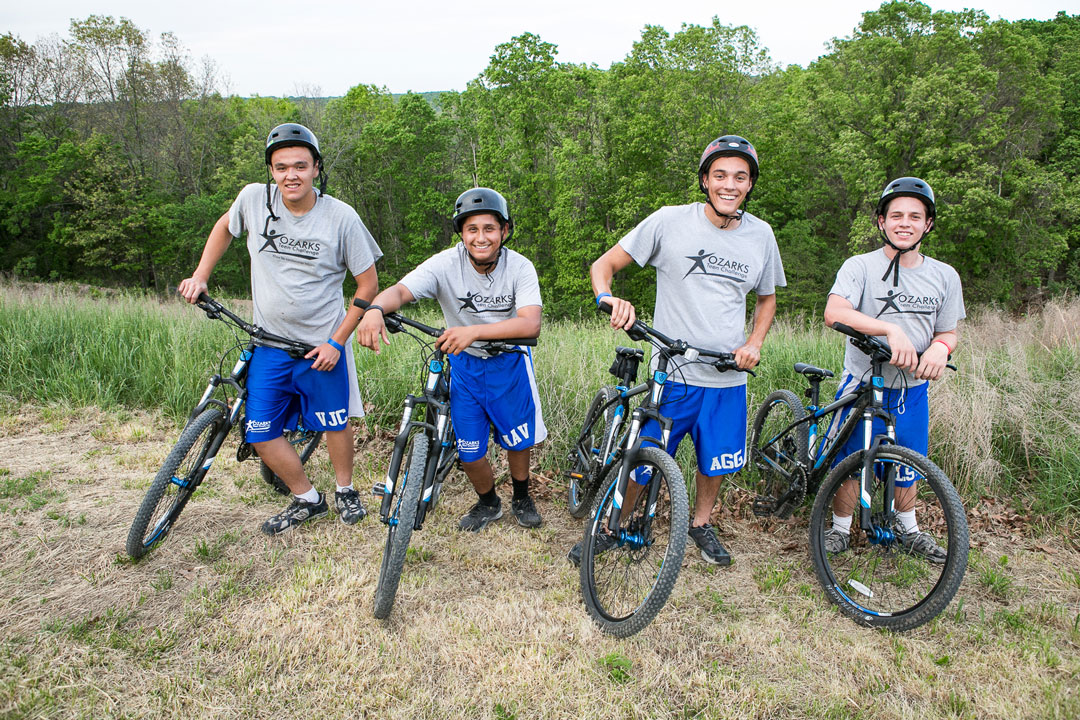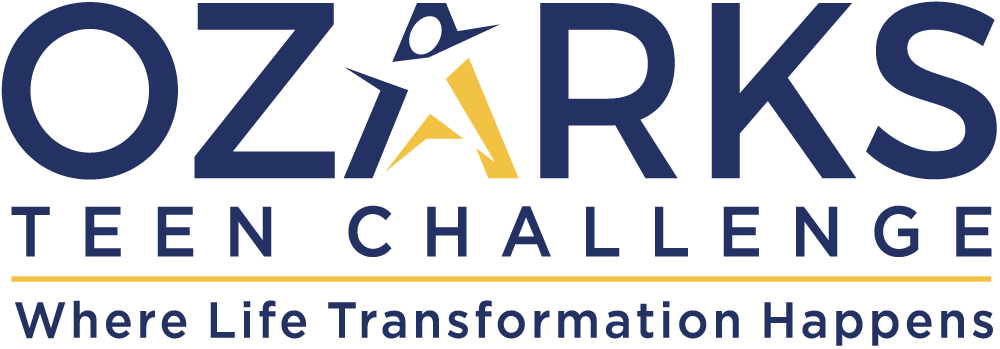Does Your Teen Need Help?
Making the decision to enroll your troubled teen in a program that provides long-term solutions can be difficult for any parent or family member to make. Many families struggle with deciding what the best option is for their teen. Oftentimes, short-term treatment options are unable to provide the structure and support needed to eliminate negative habits and behaviors. There are several questions that you can ask yourself to help you in this decision-making process.

Key Questions
If you can answer, “yes,” to any of these questions, it may be time to consider a treatment program, that focuses on facilitating long-term change. Our Admissions Coordinator is available to discuss how we may be able to help your family. Please, do not hesitate to call, we are here to help! If you would like to request more information about Ozarks Teen Challenge: Inquire Today!
Warning Signs of Drug & Alcohol Abuse
When a youth starts using drugs, they usually exhibit many different signs which parents need to watch out for. Unfortunately, many parents often write-off these signs as normal adolescent behavior and as a result, they don’t realize that their teen suffers from addiction and needs help. So how can you, as a parent, know for sure whether or not your teen is in danger of falling into drugs? Simple … by understanding that every child is in danger of this. The parent who says “not my kid” is the same parent who will miss all the signs of addiction. A state of denial only make helping them later more difficult. So here are some signs of addiction that you, as parents, can look out for:
Learning these signs of addiction can mean the difference between life and death for your teen. The effects of such destructive behaviors can be devastating to students, families, and marriages. If you or someone you know is currently experiencing any of these issues, contact our Admissions Coordinator for additional information on how we can help.

How to Help Your Troubled Teen?
Many godly parents have prayed and fasted for their teens, yet they watch painfully as their child continues down a path of rebellion and destruction. One mother said, “I pray for my children, but why is God so slow to answer?” So what can parents or grandparents do to help deter bad behavior? Keep praying, but stop enabling! Enabling a troubled teens addictive/destructive behaviors may at first appear to be “helpful actions” but, in reality, they are only contributing to their downfall. Understanding what enabling is the first step towards avoiding this pitfall.
Many families find family therapy helpful before, during and after their son’s treatment. While your son receives treatment for substance abuse or behavioral problems, it is critical that the family support is there for him when he returns home. Learn how to provide family support without enabling your son’s bad behaviors.
If you feel that you need to stop enabling and that action is necessary get your troubled teen the help he needs, call us today at: 417-272-3784. The decision to enroll your teen in a residential rehabilitation program can be a difficult, our Admissions Coordinator would love to help.
Please take a few minutes to look through some of our latest resources on this topic.

Suggested Reading
Parent & Family Involvement is Key
Ozarks Teen Challenge recognizes that parent and family involvement is key to the continued success of our students. Destructive behaviors can be troubling and affect the entire family.
We encourage the rest of your family to seek support throughout the course of your son’s rehabilitation as well. Whether through family support groups, your pastor, or family counseling, it is essential that families grow during the rehabilitation process and learn to accept and forgive your son.
We strive to facilitate family reconciliation, healing, and forgiveness as your teen moves through his program. During this rehabilitation process, family support is essential. Our program offers regular communication, parent weekends, and a structured visitation schedule.
Letter From A Parent
How to Help
Ozarks Teen Challenge offers substance, alcohol, and behavioral therapy for troubled teens. Our faith based program needs your support. Whether you’re able to offer support financially or through prayer, we welcome your participation in our mission.
If you would like to partner with Ozarks Teen Challenge in helping students and families find HOPE in the face of addiction, please check out the following ways to get involved.












